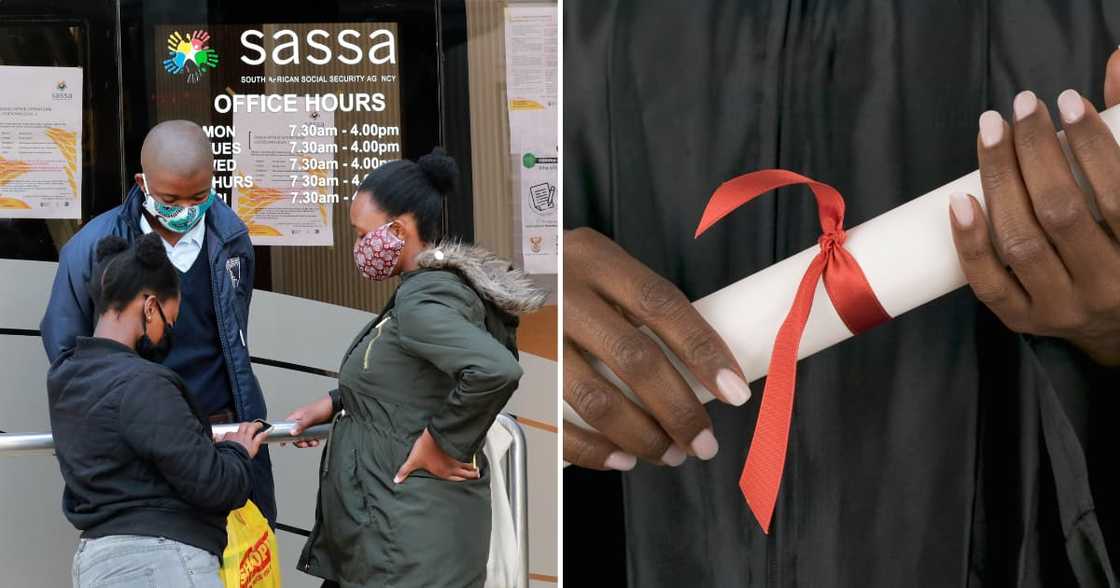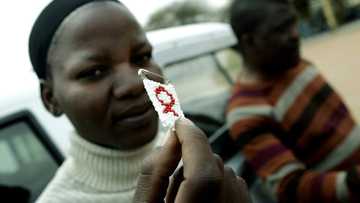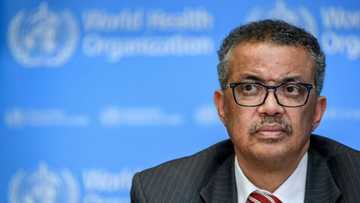Fact Check: No, 60% of Sassa R350 SRD Applicants Are Not Young People With Tertiary Qualifications
A panel discussion on a popular news channel recently made a startling claim that graduates in South Africa make up 60% of the Social Relief of Distress grant to highlight the country's high unemployment rate.
New feature: Check out news exactly for YOU ➡️ find “Recommended for you” block and enjoy!

Source: Getty Images
A panel discussion on eNCA called 'We the Nation' recently sparked a debate on social media. The show focused on youth unemployment in South Africa and one of the claims made on the show was that 60% of the Social Relief of Distress grant applicants were young people with tertiary qualifications.
A photo of the show was posted on social media, with many people talking about how bad these statistics were. Some people also wanted to know which degrees these graduates held, as there was no breakdown of the statistics on the show.
South Africa's unemployment rate continues to make the headlines as over 63% of young people between the ages of 15 and 34 are without jobs and there are little signs of improvement. Many people were concerned about the stats and one person even stated that he was one of the unemployed graduates who applied for the R350 SRD grant.
PAY ATTENTION: Follow Briefly News on Twitter and never miss the hottest topics! Find us at @brieflyza!
Do graduates make up 60% of the R350 SRD applicants? We checked
The South African Social Security Agency (Sassa), a division of the Department of Social Development, which manages the SRD grants released a report in July 2021 that evaluated how the grant was being implemented through the collection of data via surveys and in-depth interviews.
According to AfricaCheck, the data recorded was from May to November 2020 and over 9 million people had applied for the SRD grant at the time. Sassa was able to identify that 61.3% of the applicants for the grant were young people under the age of 35.
However, when the survey was conducted, it was found that only 18.2% of the applicants stated that they had a tertiary qualification. The survey also indicated that close to 50% of the SRD grant applicants had a matric level education.
The survey was conducted again in July 2022; this time, approximately 5% of the applicants were graduates. Sassa also noted that 60% of the applicants were young people under the age of 35, and 40% had a matric qualification.
In a statement issued by Sassa, the SRD applicants correlate with the youth unemployment rate of approximately 63%. Sassa stated it issued the statement to clarify the misinterpretation of the stats.
"The Agency is concerned about the misreporting of these statistics released by the Agency, which indicate that youth holding tertiary qualifications account for 60% of R350 special grant applications. SASSA would like to put it on record that this information is factually incorrect," read the statement.
The eNCA panel discussion seems to have confused the stats of the overall number of young people who have applied for the SRD grant and those with tertiary qualifications.
In conclusion, approximately 5% of young people who have applied for the R350 SRD grant have a tertiary qualification and not 60% as previously claimed.
South Africans left fuming after Sassa declines many R350 SRD grant applications
Briefly News previously reported that South Africans who applied for the R350 Social Relief of Distress grant (SRD) were left fuming after realising that their applications were declined by the SA Social Security Agency (Sassa).
Taking to social media, many people posted screenshots of the status of their applications and one of the reasons for their applications being declined was that Sassa found that they are already receiving an income.
One woman by the user name @Lee_Ntshole mentioned that she had been struggling to make ends meet the past two months and has no idea how she will survive now that she has been declined.
New feature: check out news exactly for YOU ➡️ find "Recommended for you" block and enjoy!
Source: Briefly News




